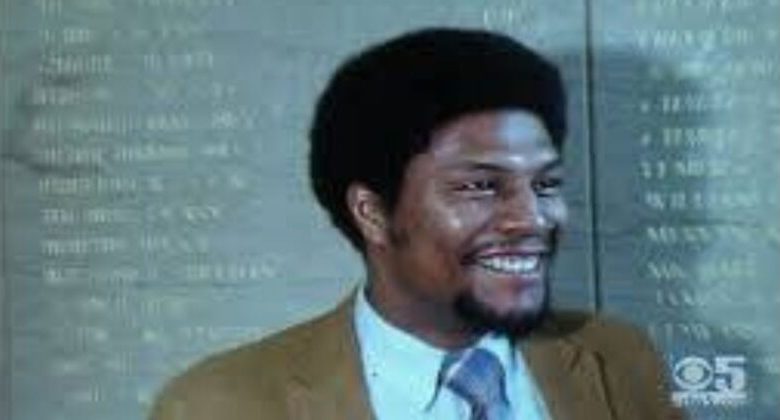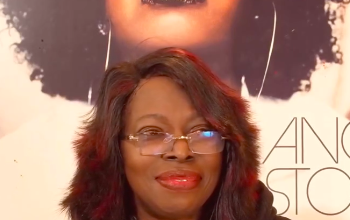Professor Nathan Hare Passes Away At 91, Created First Black Studies Program

Nathan Hare, a scholar and writer who played a pivotal role in the Black empowerment movements of the 1960s, passed away on June 10 at a hospital in San Francisco. He was 91.
The Black Scholar, a journal Hare co-founded in 1969, announced his death but did not provide further details, The Philadelphia Tribune reported.
Hare was a prominent figure among the Black professors in the 1960s who challenged the higher education curriculum, which they believed undervalued the Black experience in America and overly emphasized European traditions and perspectives. In his 1965 treatise, “Black Anglo-Saxons,” Hare argued that African Americans had lost their identity by trying to assimilate with white culture. He expanded his influence by pushing academic and literary debates into protest actions.
Hare’s public statements became increasingly provocative, reflecting the rising influence of Black nationalist ideology from activists such as Malcolm X on the broader civil rights movement. Hare predicted a race war in the United States and, during a 1967 standoff at Howard University where he taught sociology, called for a takeover of the institution.
“People will have to take over Howard and run it themselves to a decent administration,” he told U.S. News and World Report. “The university might have to be brought to a halt, closed, wiped out, eliminated.”
Hare’s conflict with Howard’s then-president, James M. Nabrit Jr., escalated over plans to significantly increase white student enrollment.
In defiance, Hare invited Muhammad Ali to Howard for a Black power rally after the boxer refused to serve in Vietnam. “We have been using the wrong tactics in the past,” said Hare. “Assimilation has not worked. We’ve been signing when we should be swinging, maybe.”
Hare was dismissed by Howard summer 1967, The New York Times reported. He described it as being “dehired.” He joined San Francisco State College (now San Francisco State University) in September 1967, where he found existing courses in “minority studies” insufficient. He pushed for a dedicated concentration on Black history and contemporary affairs, which the administration initially resisted.
In early November 1968, Hare was at the forefront of a strike that garnered broad support from students and faculty, including George Murray of the Black Panther Party. The strike demands included the establishment of a Black Studies department and elevating Hare’s title and pay to that of a full professor.
Hare left academia and founded the Black Scholar in late 1969 with poet Robert Chrisman and activist Allan Ross. The journal quickly became a leading platform for Black-run essays and analysis.
Hare’s wife died in 2019. They had no children, and he had no other survivors.
Screenshot via Facebook, https://www.facebook.com/media/set/?set=a.445078662364780.1073741907.159004400972209&type=3&paipv=0&eav=AfZGRKnXxFaN47_8FiKUIMpM1rnPt6mnWi7fwReZJ9yO4DjiuhqkH9VIkmeTBZrIhnQ&_rdr




